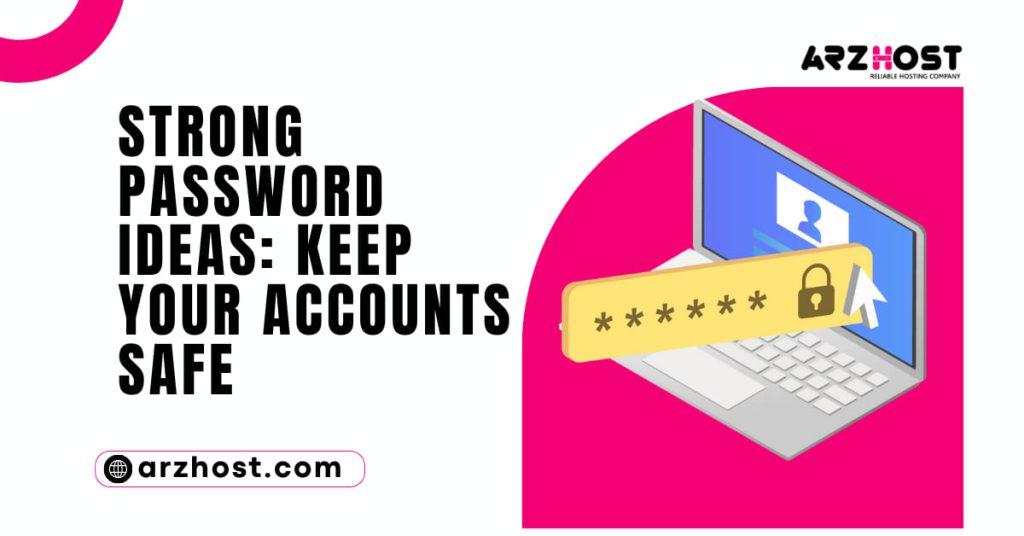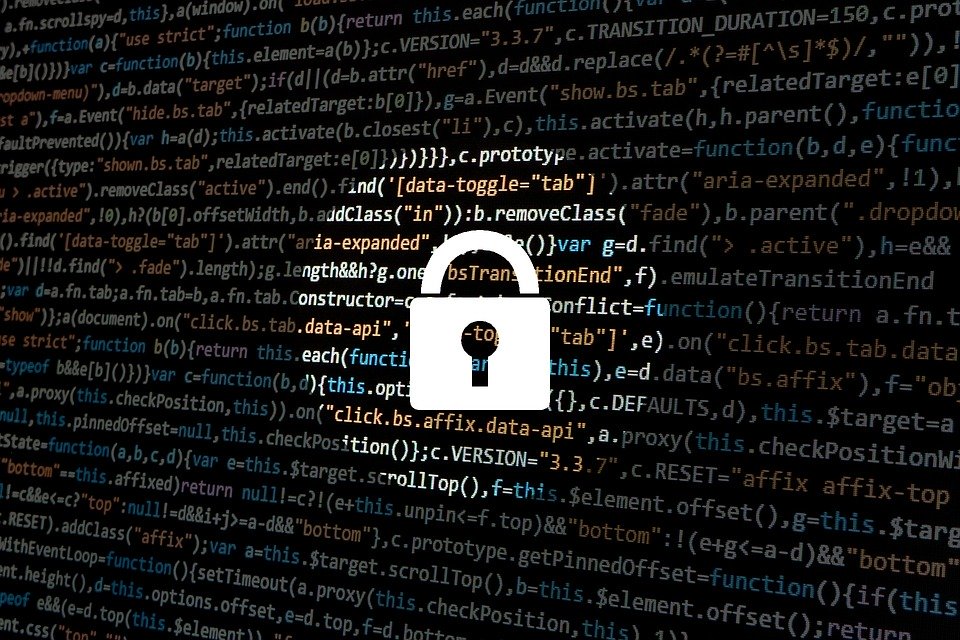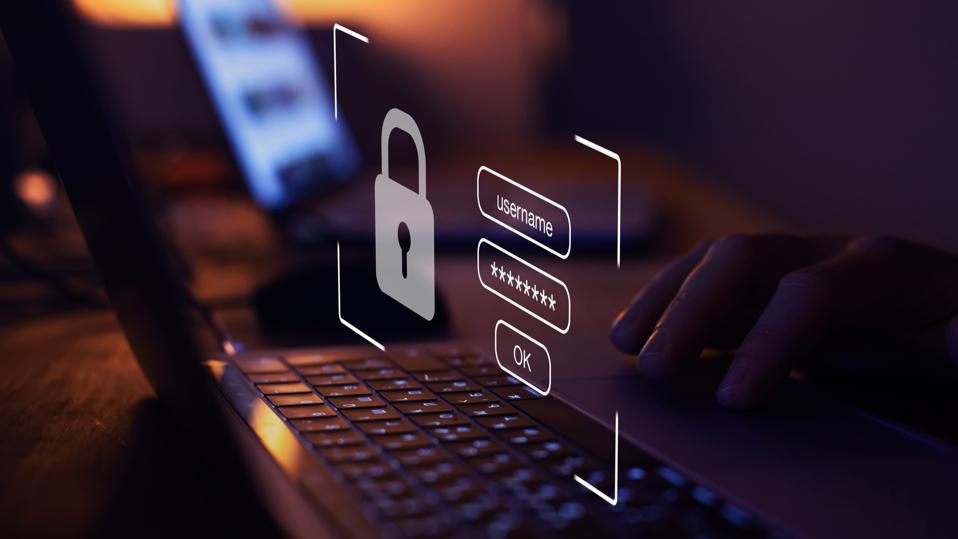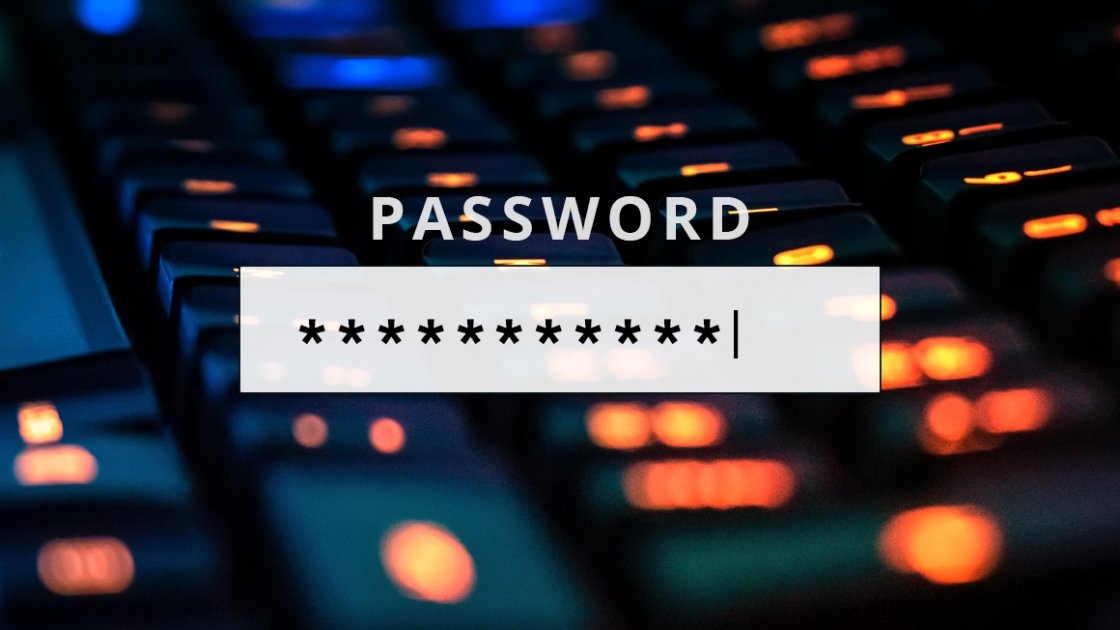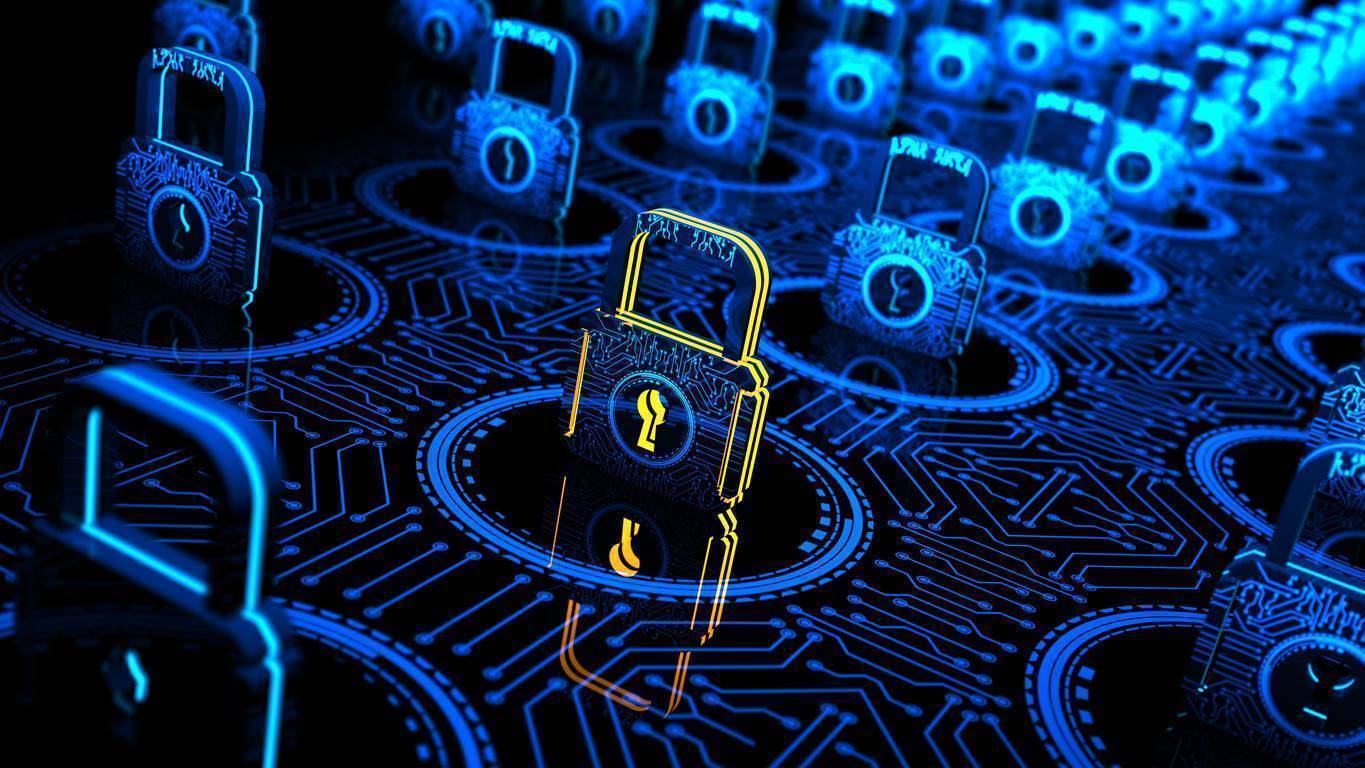Even the best cybersecurity approach can be easily defeated by using weak and obvious passwords. A hacker who guesses or cracks a password can get access to your account or system without setting off an alarm, compromising whatever assets you had Strong Password Ideas for Greater Protection.
The list of 11 reliable password suggestions below will help you stay one step ahead of hackers.
We also describe the distinction between strong and weak passwords, offer suggestions for making current passwords stronger, and outline the primary techniques employed by hackers to break passwords.
How to Construct a Robust Password (with Examples)?
A strong password is a special word or phrase that a hacker can’t quickly decipher. The following characteristics of a trustworthy, Strong Password Ideas for Greater Protection:
- 12 or more characters minimum (the longer, the better).
- consists of a mix of capital and lowercase letters, numerals, punctuation, and unique symbols.
- random and distinctive
Length is the most important factor, even though complexity increases password security. Making a password long is the greatest method to make it secure.
Take a look at these two passwords, for instance:
89&^598ILoveMyCatLordStewart
The first password is less safe than the second one, despite the fact that 89&598 are completely random. The 89&598 could be cracked by a password-cracking computer in around 44 hours, but ILoveMyCatLordStewart would take 7 years of nonstop processing.
Even a password that has been used for seven years cannot be considered secure, which is why all of the Strong Password Ideas for Greater Protection suggestions below result in words that are much more difficult to decipher.
The Four Random Words Technique
Combining four or more seemingly unrelated words is one of the easiest yet most secure password ideas. Just remember to:
- The password has a minimum of 12 characters.
- There is no natural flow to the words (such as My Name Is Steven).
- You can use special symbols, spaces, or punctuation to divide words.
These passwords (and methods for remembering them) include:
Office at Arzhost Drive Cafe ("I commute to work by passing a cafe every day in Arzhost").Kindles, coffee, planes, and Seattle ("Seattle is the birthplace of Amazon, Starbucks, and Boeing").Christmas in Boston with Minnesota Airlines ("I live in Minnesota but fly back home to Boston every Christmas").
2 million years are required to decipher the Arzhost Drive Cafe Office password.
Use the Whole Phrase
A custom phase can be used as a password if you don’t want to memorize a random string of words. However, you shouldn’t rely on a well-known statement or remark. Phrases within a phrase flow together better than random words and are simpler to recall.
Whether you insert spaces between the words is up to you (if the website accepts spaces within passwords). Here are some excellent instances of personalized language:
- In fact, you can include spaces in your password!
- Myboysareinthehighschoolbasketballteam
- Please let me attend Gryffindor, please.
The duration required to solve the,m in fact, you can include spaces in your password! 4 hundred trillion years is the password.
Utilize Your Own Acronym
To make a password that is both memorable and strong, utilize an acronym. For instance, you could use the words “My son was born at a Liverpool hospital in 2002” and the first letter of each word to make the password “Mswb@aLhi2002.”
If you decide to use this approach, make sure your password is not based on a well-known phrase (such as Tb, on2b, that). Here are some wise suggestions:
IoaBMW, wa5782p. ("I own a BMW, with a 5782 plate"). ("I own a BMW, with a 5782 plate.").H! Mnpintd2r! ("Hey! It's not that difficult to remember my new password! ").("I purchased my first home in 2015.").
The IoaBMW, wa5782p password would take 42 million years to crack.
Make use of the keyboard layout
Another good password option is to make a unique pattern using the keyboard layout. For instance, you can utilize the keys above and to the right of the letters to memorize something straightforward, like a name (Jane Austen, for instance) (Iwj4 W8e64j).
Good examples include:
5pr 0t 6u4%9jye ("Lord of the Rings").45k9jwp Y5wjr F4j65wp ("Grand Central Terminal").J43 &05 _w5o F4j65wp ("New York Central Park").
The P05r 0t 6u4%9jye password might be cracked in 698 million trillion years.
Create a Basic Formula
To build a trustworthy password, you can invent a special formula. Take any statement, for instance, and change each letter to the following one in the alphabet:
Cucumbers are delicious! Dvdvncfst bsf ubtuz! (Needs 762 billion trillion years to crack)
The first letter of each syllable in the chorus of your favorite song can also be used as a starting point:
chorus from Mamma Mia: MmhIgammhcIrymmmmdisammjhmimy (time needed to crack: 129 million trillion years)
Although these examples may appear like nonsense, it is just what you want to do.
Vowel Changes
Replace one vowel with another in any phrase (for example, A with E). As always, for maximum security, use a random phrase and at least 12 characters:
Every Monday, I long for the weekend. -> I wish every Monday was Friday: ("I prefer a pub with an all-night open bar policy" / "I like a pub with an all-night open bar policy"I drive nails, but nails drive the board, or I drive nails, but nails drive the board.
I wish it were Friday so that I could crack every Monday: (password: 307,000,000,000,000 years.
How to Upgrade a Current Password?
You do not need to replace your current passphrase with a new one if you already have a favorite Strong Password Ideas for Greater Protection that you find simple to remember.
Alternatively, you can strengthen the present insecure password by:
- inserting commas or brackets.
- Including more words.
- double-checking the password.
- creating an email address using the passphrase.
- Including arbitrary punctuation.
- inserting emoticons
- Letters are switched around (if the current password has enough characters to be secure).
When making distinctive passphrases for numerous accounts, making little tweaks to a password can be useful. Instead of coming up with a new password from scratch for each online account, you can add a different code to your current password (for example, Andrew,77EBAY for your eBay profile and Andrew,77PPAL for the PayPal account).
What to stay away from while picking a password?
When selecting passwords, you should adhere to a tight set of guidelines to prevent vulnerabilities a hacker could exploit. A secure password never should:
- possess fewer than 12 characters.
- be based entirely on personal information (name, surname, family member’s name, birthdate, location of employment, preferred sports team, etc.).
- include recognizable keyboard shortcuts (most notably qwerty and asdfgh).
- Use only letters, symbols, and numbers.
- be utilized on two or more different websites or accounts (even if the password is strong, one of the websites keeping the password might have a breach and place all other accounts in danger).
- Add a series of letters or numbers.
- be based on a widely used word (in any language).
- rely on simple character substitutions (like M@nch3st3rUtd or L3tM31n) for security.
- include the relevant username.
Examples of weak passwords that could be mistaken for strong ones include:
- 5404464785: This password employs a phone number and doesn’t contain any letters or other special characters.
- March101977: This password lacks special characters, includes a popular dictionary term (March), and contains personal information (someone’s birthday).
- P@ssword12345: A computer can break this password in 0.01 seconds despite the fact that it has 13 characters, a symbol, digits, a mix of letters, and no personally identifiable information. Password is a well-known word, and any program may easily locate the 12345 sequences.
It’s a good idea to avoid using any passwords that are often used by others. Hackers always begin the process of cracking by attempting the most often-used passphrases, including:
- 111111
- 123123
- 12345678
- Jesus
- letmein
- password1
- asdf
- qwerty
- trustno1
- abc123
- Dragon
- football
- iloveyou
You can use the Have I Been Pwned? website to check the uniqueness of your password and make sure it hasn’t already been used in a data breach.
Other Security Measures to Protect Your Passwords
You can rely on various security procedures in addition to strong password suggestions to make sure a password is secure. The advice provided below can be used to safeguard both individual login information and company-wide passwords.
1: Authentication with many factors (MFA)
You can stop someone from accessing your account even if they have your password. By requesting the following information from the user during login, multi-factor authentication (MFA) offers an additional layer of security to your account.
- A password and username.
- A physical token or a biometric scan.
Cybercriminals find it challenging to access your account and steal your identity because of this two- or three-step authentication process.
You can deploy MFA via a customized app that your employees download on their cell phones if you want to safeguard your company against identities and passwords being stolen. Two excellent free solutions are Google Authenticator and Authy, which both create a one-time PIN that is used as an extra factor when logging in.
2: Networks that are virtualized (VPNs)
You should always utilize a VPN when entering or sharing credentials on public Wi-Fi, together with your staff. When you log into your account. A VPN makes sure that no one is intercepting your login and password.
Best Practices for Password Protection in General
Even the Strong Password Ideas for Greater Protection in the world are useless if you don’t know how to use and safeguard them. Use caution when creating your passphrase by adhering to these guidelines:
- Don’t ever divulge your password to anyone.
- If you keep your passwords online, check that the website doesn’t save them in plaintext.
- Never store your passwords in an email, memo, or online document.
- Select difficult-to-guess questions that only you know the answers to when selecting security questions in case you forget your password.
- Use a question that is difficult to discover the solution to on the internet or on your social media.
- Passwords should be changed frequently, at least once every several months.
- Never store your password near your workplace on paper.
- Do not store the password on your phone (either as a note or picture).
Additionally, you should prevent browsers from saving your password. This feature is practical, but it also means that whatever account you have is immediately compromised by a single data leak.
Managers of passwords
A password manager remembers all of your passwords for you and maintains track of them. You only need to remember the master password to access the management program (which is, hopefully, a strong password protected with MFA).
Password managers use encryption to keep passwords secure. Sound key management is crucial for these programs because, in the event of a manager compromise, Strong Password Ideas for Greater Protection hashes would be useless without the decryption key.
A password management application can be used to safeguard personal information or to simplify and secure the way your staff members generate, store, and utilize passwords.




